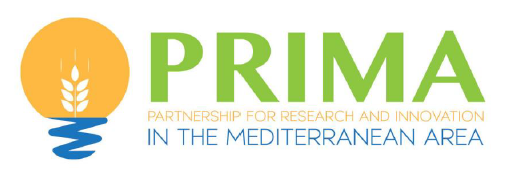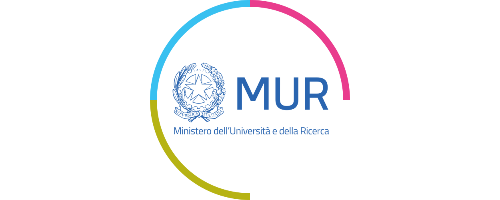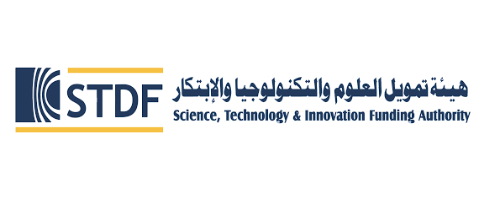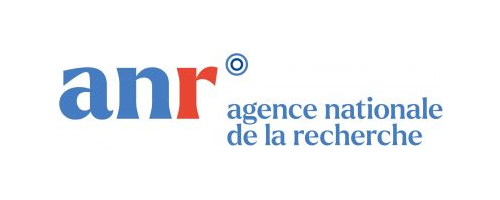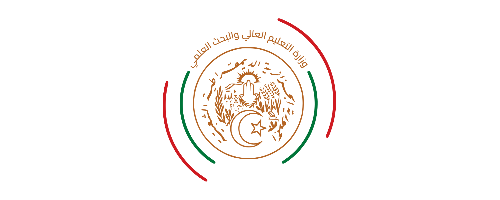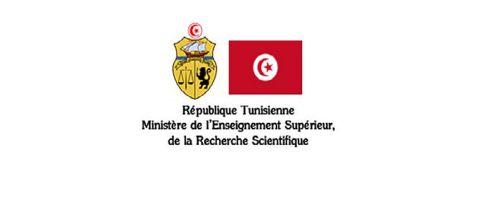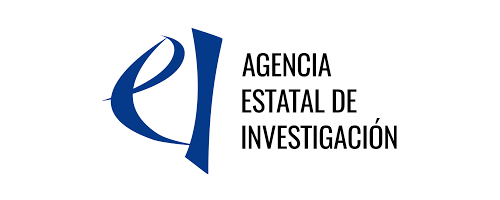
Partners
The Partnership on Research and Innovation in the Mediterranean Area (PRIMA) is a public-public institutionalised Article 185 European Partnership between the European Union and Participating States.
The aim of PRIMA is to build research and innovation capacities and develop knowledge and common innovative solutions in the Mediterranean area in water management, farming systems and food value chain.
PRIMA is a very successful instrument of international cooperation for research and innovation and a good example of science diplomacy in the Mediterranean, a region of geopolitical important for the EU, based on mutual benefit, equal footing, co-ownership, co-decision, and co-financing.
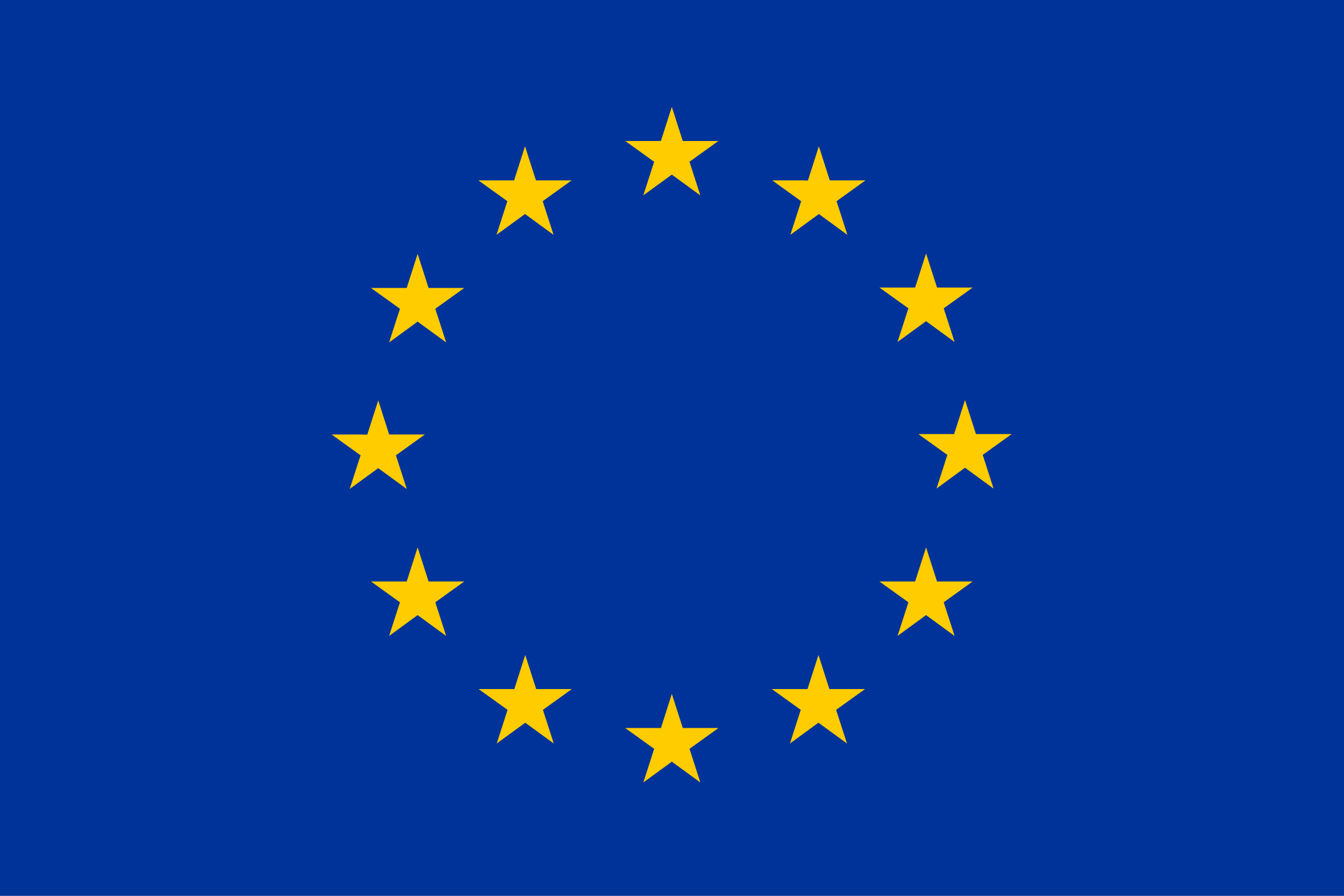
This project is part of the PRIMA Programme supported by the European Union
The MUR, or Ministero dell’Università e della Ricerca, is the Italian Ministry of University and Research. It is a government institution responsible for the development, coordination, and oversight of higher education and scientific research in Italy. The Ministry sets national policies for universities and research institutions, allocates public funding, promotes international collaboration, and ensures the quality and innovation of Italy’s academic and research systems. Through its initiatives, MUR plays a central role in shaping the country’s scientific and educational landscape, supporting both fundamental and applied research across a wide range of disciplines.
The Science and Technology Development Fund (STDF) has stimulated the Egyptian scientific society by funding distinguished research papers and establishing scientific partnerships with scientists from many advanced countries in order to keep track of quickly advancing technology, and be open to different societies, as well as, new economic unions, compete on the international arena, link scientific research to technological development and cooperate with civil society institutions to activate their role in the integrated scientific research system.
Thus, it is crucial to continue executing serious, ambitious plans and programs so as to boost the scientific research drive. This will be positively reflected on national economy and societal development.
The ANR, or Agence Nationale de la Recherche (French National Research Agency), is a public administrative body under the authority of the French Ministry of Higher Education and Research. Its primary mission is to fund and promote research projects in all scientific fields, fostering innovation, collaboration, and excellence within the French research community. The ANR supports both basic and applied research through competitive calls for proposals, encouraging partnerships between public research institutions, universities, and the private sector. It also plays a key role in France’s international scientific cooperation and contributes to the strategic orientation of national and European research policies.
The MESRS, or Ministère de l’Enseignement Supérieur et de la Recherche Scientifique (Ministry of Higher Education and Scientific Research), is the Algerian government body responsible for overseeing the development and regulation of higher education and scientific research in the country. Its mission includes formulating national policies for universities and research institutions, ensuring the quality of academic programs, promoting scientific innovation, and fostering international cooperation in education and research. The MESRS works to align Algeria’s higher education system with global standards, support the training of researchers and academics, and contribute to the country’s socio-economic development through research and innovation.
The MESRS, or Ministère de l’Enseignement Supérieur et de la Recherche Scientifique, is the Tunisian Ministry of Higher Education and Scientific Research. It is the governmental body responsible for shaping and implementing national policies related to universities and scientific research institutions. The MESRS oversees the quality and accreditation of academic programs, distributes public funding to support universities and research centers, and encourages the development of a knowledge-based economy through innovation and scientific advancement. It also plays an active role in strengthening Tunisia’s international presence in higher education by promoting partnerships with foreign institutions and participation in global research initiatives. Through its strategic actions, the MESRS contributes to the modernization of Tunisia’s education system and supports national development by investing in human capital and scientific excellence.
The AEI, or Agencia Estatal de Investigación (State Research Agency), is Spain’s main public institution responsible for promoting and funding scientific research across all disciplines. Operating under the Ministry of Science and Innovation, the AEI manages competitive grants and funding programs aimed at supporting researchers, research groups, and institutions throughout Spain. Its mission is to foster scientific excellence, encourage innovation, and enhance the country’s research capacity by providing resources for both fundamental and applied research. Additionally, the AEI plays a key role in coordinating national research priorities and facilitating Spain’s participation in international research collaborations and programs. Through these efforts, the AEI contributes significantly to the advancement of science and technology in Spain.

